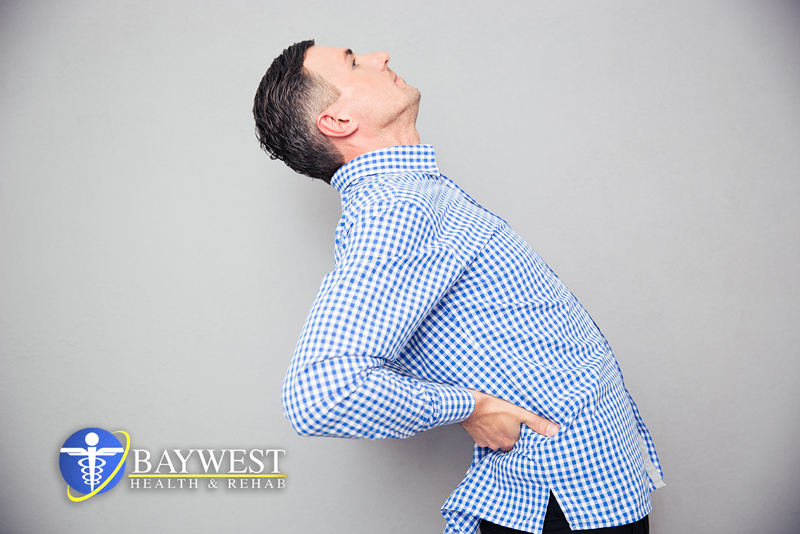 Can Bad Backs Heal On Their Own?
Can Bad Backs Heal On Their Own?
We all know that when you have LBP (low back pain) as a result of a herniated disk, the only option for you is surgical intervention. In New Port Richey, for instance, several patients with bad backs have undergone surgery to help solve the situation. But, there are a number of patients with this painful complication whose systems work up and down to make sure the pain alleviates from the back. Ideally, the backs of such patients often do not show evidence of herniated disk when taken to MRI imaging 6 – 12 months later, implying they have undergone self-healing. But, how does this happen?
Well, we can rely on the proposed theory to at least understand why some herniated disks heal themselves while others do not. The theory points at some unique interplay between molecular signals to be the reason for this “miracle”. To verify the whole thing, researchers at Vanderbilt Medical Center are investigating this and even went ahead to publish a report on how far they have progressed. The report is published in the January 2016 issue of the Journal of Clinic Investigation.
Lower back pain is one of the most common complications in America; affecting 60 – 80% of Americans at some point in their life. In the U.S. alone, there are upwards of 300,000 surgeries for the herniated disk every year. A herniated disk can be as a result of tearing of the disk’s outer fiber or when the disk gives way, making the semi-fluid center to leak out. In some cases, the herniated disk can hit the nerve root exiting the spine, thereby, causing unbearable pain down the leg (classic sciatica).
Around 50-percent of patients with the herniated disk improve within 6 weeks, according to Dr. Dan Spengler, who also notes that some patients even have their actual herniated material undergo gradual resorption until they are completely healed. Nevertheless, Dr. Spengler and other researchers are puzzled by the fact that the other patients are unable to heal on their own, including some from New Port Richey.
So, to solve this “mystery”, researchers focused on those molecules that are ever there when disks herniate. And they managed to identify a group of proteins referred to as matrix metalloproteinases (MMPs). A comprehensive study of MMPs made researchers understand that this special group of proteins can act like Pac-Man, meaning they can literally chew through other proteins. Well, that is enough to convince researchers that MMPs may be the reason why some disks resorb while others do not. When you have a herniated disk, bleeding occurs and in the blood, there are white blood cells called macrophages (immune system cells) whose work is to absorb foreign materials. Also, the area affected is likely to have bacteria.
What the authors found to be amazing was the interplay between the MMPs and macrophages. They realized that a specific interaction between macrophages and one of two specific MMPs leads to disk resorption. In fact, they were able to replicate this process and demonstrate it well in the lab. From that demonstration, they concluded that enzymes involved in the healing process of the herniated disk are more complicated and interesting than they originally thought. They are not big bulldozers, but rather fine pair of scissors, which cut certain things.
The Take-Home Message
What’s important to note from this editorial is that never rush for a surgery unless you are having progressive neurological loss, which is progressive muscle weakness/sensory pain, and/or especially bladder/bowel weakness. Instead, consult your chiropractic doctor to help you out. Chiropractors, like the ones in New Port Richey, offer natural, non-invasive methods of treatment to help you manage pain while allowing your body to manage the herniation.
